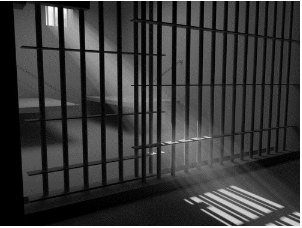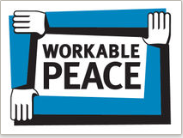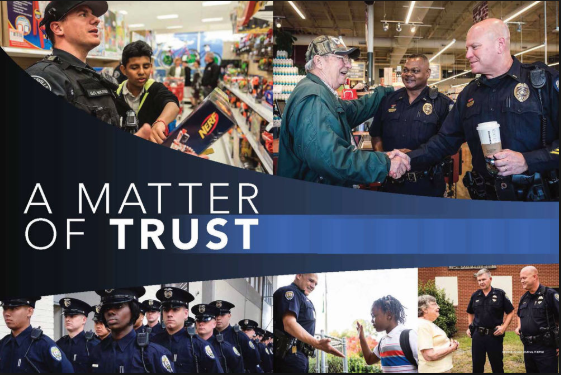By Joseph Hayashi
Having studied criminology and criminal justice in undergrad, I felt like I had a good idea about what was happening in our criminal justice system. The laws, sentencing, and careers were not foreign to me. I even knew quite a bit about the incarceration issues that we are having in the United States over the past years. I have studied and read a lot about the overcrowding, the bad conditions, and the toll being in prison has had on the inmates in the system. Also, having worked in a jail before, I thought I had some good insight and experience and would be prepared for what we were about to see but when we arrived at the Salinas Valley Prison, I soon realized that I was wrong.
I feel that being in the prison was a great chance for the class, but especially for me since I want to work with the prison population, because we really were able to see the dynamic that happens within the prison. Getting a firsthand look on how the inmates acted was an experience of a lifetime for us. I do wish we were able to see how the inmates acted while on the yard but unfortunately that was not possible this trip. The thing that interested me the most though was the interactions that involved the guards. I noticed that the guards had showed a high level of comradery with each other and initially I thought that that was just part of the Correctional Officer culture but then it dawned on me that that was necessary for them. The thought that they were constantly in danger and that in an instant they may never see each again must be terrifying. If I was in their shoes I most likely would act the same way with my fellow C.O.
I was also pleasantly surprised by the interactions between the C.O.s and the inmates. When I worked in the jail, I knew a lot of guards, that wanted to be C.O.s, who were very tough on the inmates and never nice to them. And then the image of C.O.s depicted in the media is always over being a hard ass. That was what I generally expected when coming to the prison. This is not what I experienced in the prison though. Most of the guards I saw were joking around with the inmates and talking to them like normal human beings. It was nice to see. I knew the guards could most likely be strict whenever they wanted to and that probably not all the guards in the facility were like this, but it was still nice to see some of them that way.
I think the only downside to this day was the debriefing session at the end of the day. While I think my classmates, all have very intriguing perspectives on the subjects we visit in this program, I don’t necessarily agree with everything some of them said. While I do agree that some of the conditions in the prison are indecent in many aspects, I think we still need to remember that the inmates are not the victims we just need to focus on. I do, adamantly, think that we need to improve the conditions in the prisons, but I don’t think we can victimize and forget that the inmates are there because of what they did.
I also don’t agree with the idea that we were fetishizing the prison system. I understand that in some instances that could and would be done by some people visiting the prison, but I don’t think we were in this situation. I feel that putting ourselves in those cells and cages were the only ways were would be able to really see the conditions that prisoners must go through, short of actually getting arrested and imprisoned. While I know that we will never really be able to experience the life an inmate must go through, I do still think we must try and put ourselves in a position to see those experiences first hand as much as possible.











